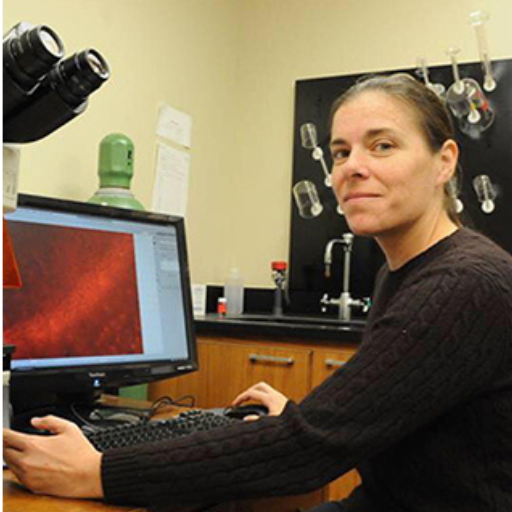
Catherine
Kaczorowski
PhD
Location
Bar Harbor, ME, USA
Current Organization
The Jackson Laboratory
Biography
As a predoctoral recipient of a Ruth L. Kirschstein National Research Service Award from NIH (mentors: John Disterhoft, Northwestern University, and Nelson Spruston, Janelia Farms), I laid the groundwork for the proposed research using various behavioral assays to characterize the onset of cognitive decline in mouse models of aging and Alzheimer’s disease (AD). These initial studies drove me to develop new tools and strategies to identify causal mechanisms underlying changes in neuronal and memory phenotypes. To this end, under the NIH K99/R00 grant mechanism, I successfully developed and validated a novel proteomics strategy to monitor and quantitate plasma membrane ion channels and receptors, resulting in the discovery of new drug targets for cognitive enhancement. These discoveries have led to a new challenge of deciphering which drug targets and interventional strategies will directly benefit humans, as the low predictive power of preclinical studies is a major roadblock in the translation of basic scientific discoveries to improved human health. Since establishing my own lab at the University of Tennessee Health Science Center in 2013, I have been working to develop more efficient, predictive, and powerful mouse models for bridging the preclinical to clinical gap, one that has been plagued by a record of poor reproducibility and translatability of efficacy studies using current AD models. If successful, the approaches and tools we are now developing will enable rapid mouse-to-human translational validation on a scale that far surpasses what has been reasonably achievable using standard AD models. Using multi-scale mouse and human datasets, and validation studies in murine models, we now have proof that our innovative models will identify novel genetic factors and mechanisms that are highly relevant to cognitive aging and AD.
Grants
Alzheimer's Disease Research
Analyzing the Genetics Underlying Sleep Problems in Alzheimer’s Disease
Active Dates
July 01, 2021 - June 30, 2023

Principal Investigator
Niran Hadad, PhD
Current Organization
The Jackson Laboratory
Alzheimer's Disease Research
System Genetics to Identify Modifiers of Alzheimer’s Disease
Active Dates
July 01, 2016 - June 30, 2020

Principal Investigator
Catherine Kaczorowski, PhD
Current Organization
The Jackson Laboratory




